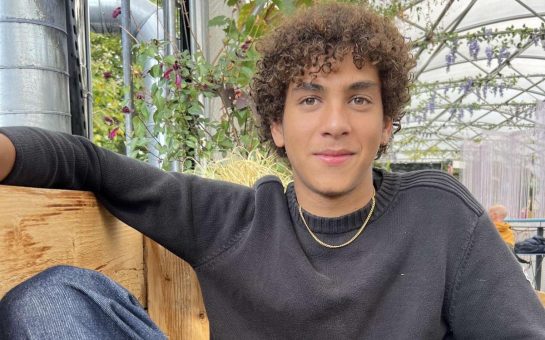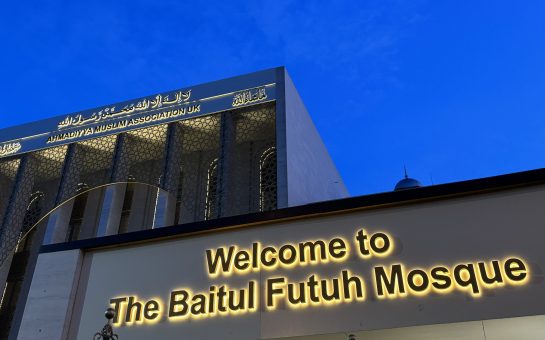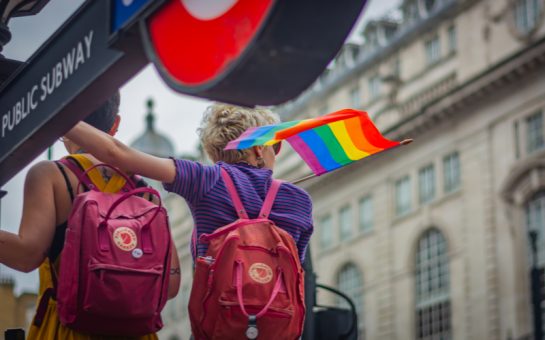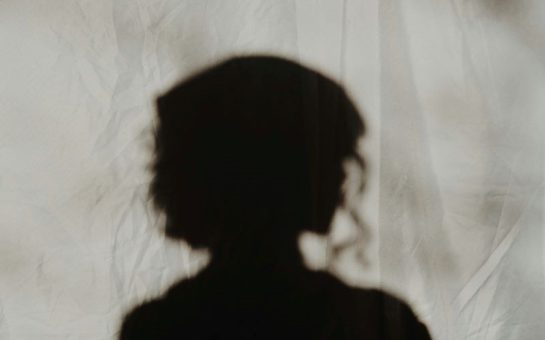Mimi Swaby
July 15 2020, 20.00
Follow
@SW_Londoner
Channel 4 re-uploaded a controversial documentary to All 4 last month despite hundreds of viewer complaints and an Ofcom investigation after it first aired on April 16.
The Channel 4 documentary ‘Dispatches: The Truth about Traveller Crime’ sparked an increase in hate crime against Gypsy and Traveller people according to campaigners, but it was only temporarily unavailable on catch-up services due to technical issues.
Ofcom received 897 complaints directly and a petition from Friends, Families and Travellers (FFT) with more than 7,300 signatories, alleging discrimination and offence in this programme which linked high crime rates with some Traveller communities.
An Ofcom spokesperson said: “We are investigating whether this programme breached our rules on harm and offence.”
Ofcom started their ongoing investigation on May 27.
Channel 4 defended its decision to air the content in a statement on their website.
A Channel 4 spokesperson said: “It wouldn’t be appropriate to comment while an investigation is on-going.”
The Traveller Movement, a London-based charity dedicated to Gypsy Roma and Traveller rights, policy manager Patricia Stapleton said: “The pandemic has exacerbated existing inequalities, and then in a moment of national solidarity the documentary really hammered and vilified the community.
“It was really horrific and problematic.”
Comments from viewers were highly discriminatory and included a lot of hate speech calling for annihilation and sterilisation of the Travelling community and echoing language reminiscent of the Holocaust.
Racist slurs included a derogatory term banned under the Equality Act 2010 which recognises Romany Gypsies and Irish Travellers as ethnic minority groups so legally protecting them against race discrimination.
The 2011 ONS census, the first to record Gypsy and Irish Travellers as ethnic groups, recorded 58,000 people identifying as Gypsy or Irish Traveller. However, UK estimates vary between 82,000 and 300,000 – with many not identifying for fear of discrimination.
Chelsea McDonagh, 24, an Irish Traveller and Traveller rights activist from Peckham, said: “It has done so much damage and set back any progress we had made.
“In the wake of the documentary, social media was horrendous.”
She added: “It’s hard to be shocked. I’m only 24 and it’s a conversation I’m tired of. It is always Travellers as criminals, nothing else.”
Helen Jones, 54, CEO of Leeds GATE, an organisation improving Travellers’ quality of life, said: “We are used to the mockumentaries that have plagued us over the decades, but the Dispatches program absolutely plumbed to new depths of demonising people.
“It sparked an absolute wave of hate crime. As if things weren’t difficult enough for the community.”
Gate Herts runs a hate reporting site for Gypsy, Traveller and Roma communities mapping and passing the information onto the police.
Since lockdown began the number of hate crimes has increased but spiked by 181.25% in the days following the documentary.

The majority of hate crime is online abuse, soaring around periods of unauthorised encampments, with press releases often reaching 100s of comments filled with slurs and threats aimed at the community.
Gate Herts CEO Josie O’ Driscoll said: “It is the last acceptable form of racism.
“They can do it and know they will get away with it.”
In January 2019, 3% of Traveller caravans were in unauthorised encampments on land not owned by Travellers.
Ms Stapleton said: “It has been very difficult for roadside nomadic Travellers to get proper access to water and sanitation, which feeds into this national narrative of Travellers spreading Coronavirus.”
Despite encouraging the community to speak out, online abusers’ anonymity means few perpetrators are ever charged.
Miss McDonagh said: “There’s a real challenge for people like me. I’m a lesbian Traveller woman who played rugby and this confuses people. We’re not homogenous, there’s so much diversity within the Traveller community.”




